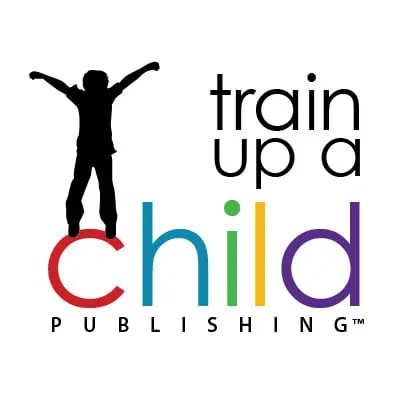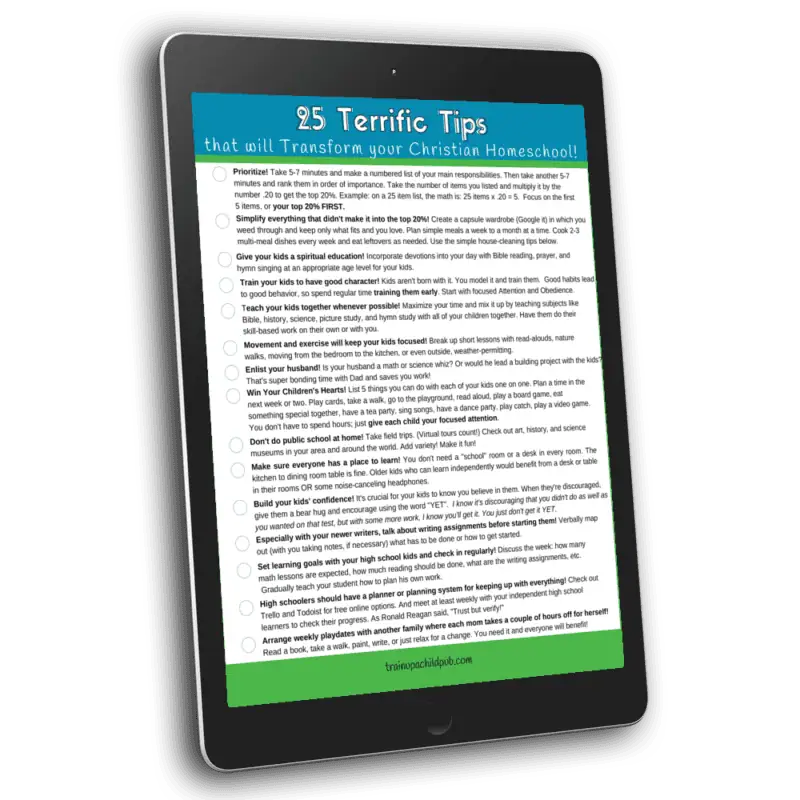How Music Training Impacts Brain Function

Squeezing in the ‘fun stuff,’ like art and music study, and music training, into our homeschooling can be a daunting task. But it may be more important to our children than we think!
Scientists are increasingly telling us that we must consider music training as a vital component of education. Many studies have actually shown that children’s brains are impacted by music – by listening to and learning about music, by vocal training, singing in a choir, and by learning to play a musical instrument.
Although formal studies of the effects of music study and training are still fairly new to the scientific community, there are some definite benefits to music study and training. And – it not only impacts a child as he is learning and practicing it but appears to have lifelong implications.
For example, earlier musical training has shown to offset age-related difficulty one normally has processing sounds. You haven’t experienced that yet?
You will.
If you happen to be looking back on your forties, perhaps you have noticed it is harder to carry on a conversation in a noisy environment – to distinguish someone’s voice from the surrounding din. Similarly, you may be able to hear someone talking to you, but not well enough to actually process what is said.
These are normal effects of aging on our hearing that can actually be lessened by music training. How we actively experience sound over the course of our lives has a profound effect on how our nervous system functions, according to neuroscientist Nina Krause, professor at the Weinberg College of Arts and Sciences.*
How Does Music Training Help?
The term Mozart Effect was coined in 1993 when researchers observed that students tested as much as nine points higher on a spatial IQ test after listening to music by Mozart. Although the effects lasted only a short time, this fascinating study launched several others, though without definitive results.
Despite the fact that the jury is still out regarding music and spatial reasoning, other studies have linked music training with:
- boosting of the immune system
- helping to repair brain damage in stroke victims
- increasing the language ability and social interactions of older adults
- helping seniors (with extensive music training) to be able to respond to sounds faster and more accurately than others in their age group. In fact, in one study there was no difference between the seniors (with music training) and those without music training who were much younger!
Music Helps Treat Dyslexia
Closer to home for some of you, researchers have even found a specific type of music study to help dyslexic readers. After discovering there was a language component to dyslexia in 2007, the National Institute of Health found in further research that listening to fast music changes helped rewire dyslexic students’ brains, increasing their abilities to read as well as listen.
Read more about these studies by clicking on the links or the cutting and pasting those at the end of the article.
Here’s a fascinating, extensive guide about music therapy that even includes exercises for adults, children, and dogs!
Music Study and Homeschooling
The more I read about music study, the more I am convinced that we need to be serious about including it in our children’s education. There are a variety of ways to achieve this, without being an accomplished musician yourself. Here are step-by-step instructions for beginning music study homeschool,
Also consider:
- Checking the bargain racks of any music store – classical music compilations are almost always available at a very reasonable price.
- Borrowing music from your public library.
- Learning about composers and listening to their music while studying the time period in which they lived. That is what we do.
- Including hymn study (and listening) as part of your devotions time and/or family rest times.
- Providing your child lessons in playing the piano, guitar, violin, flute, etc.
- If you play an instrument, giving your children lessons yourself.
- If another homeschool mother you know plays an instrument, perhaps you could teach one of her children math or writing while she gives yours music lessons.
- Using an older student to teach your children an instrument, rather than paying the price for an adult teacher.
- Checking out this website with your children on The Musical Brain.
Just think – by providing music study/training for your children, you are not only giving them a well-rounded education; you may be doing much more.
It is a gift that keeps on giving.
If we want to bring our children’s home education to life, we should include music in that education! If you don’t know how to get started, check out this related post, How to Do Music Study . Then consider music training as an excellent next step! Start with piano lessons and then branch out from there if your student is interested in guitar, violin, flute, etc.!
Are your children involved in music study or music training?
![]()
For further reading:
The Mozart Effect
http://lrs.ed.uiuc.edu/students/lerch1/edpsy/mozart_effect.html
Music and the Mind: A Different Kind of Dementia Therapy
http://alzheimers.aplaceformom.com/articles/dementia-therapy-and-music/
Boosting the immune system
http://www.health.harvard.edu/press_releases/music-therapy-can-ease-recovery-from-heart-problems
Music listening for maintaining attention of older adults with cognitive impairments.
Music listening enhances cognitive recovery and mood after middle cerebral artery stroke.
http://www.ncbi.nlm.nih.gov/pubmed/18287122
Sound Training Rewires Dyslexic Children’s Brains For Reading
http://www.sciencedaily.com/releases/2007/10/071030114055.htm
Music Training for Dyslexic Children
http://suite101.com/article/music-training-for-dyslexic-children-a198802
Music and Dyslexia
http://suzukimethod.com.au/suzukimusic/m/articles/view/Music-and-dyslexia
Taking up music so you can hear
http://phys.org/news169734009.html
*Harry Jackson, Jr. “Music training helps aging process.” Post and Courier (Charleston, SC), June 26, 2012, Section D, p. 2



Music is actually helpful in so many ways.
I very much agree, Alexander. Thank you for sharing!
A friend of mine and my wife’s is a pediatric neurologist. When we were taking our son home the other day she gave us a Mozart CD and recommended we play it any time there’s no other background noise going on. I was surprised, given I had already read about how false the Mozart effect was.
She explained that while there isn’t an intelligence benefit to listening to Mozart, there is a development benefit to any and all stimulation of the sense. Mozart happens to be a very relaxing and soft source of background noise; aka stimulation for when there may otherwise not be any. Effectively, she was telling us to play this Mozart in the same fashion as recommending that we constantly talk to him, touch him, show him things, etc. Stimulation of the senses!
That’s interesting, Andrew! There is just so much we don’t yet know about the brain… Just like we can train our muscles by repetitive exercise and can learn to organize ideas (in part) by reading and listening to well-written literature, I have to think listening to music with its inherent mathematical relationships has to be of benefit to a developing brain. I imagine someday research will find a clear link. In the meantime, play that Mozart. 🙂 Thanks for reading and for taking the time to comment.